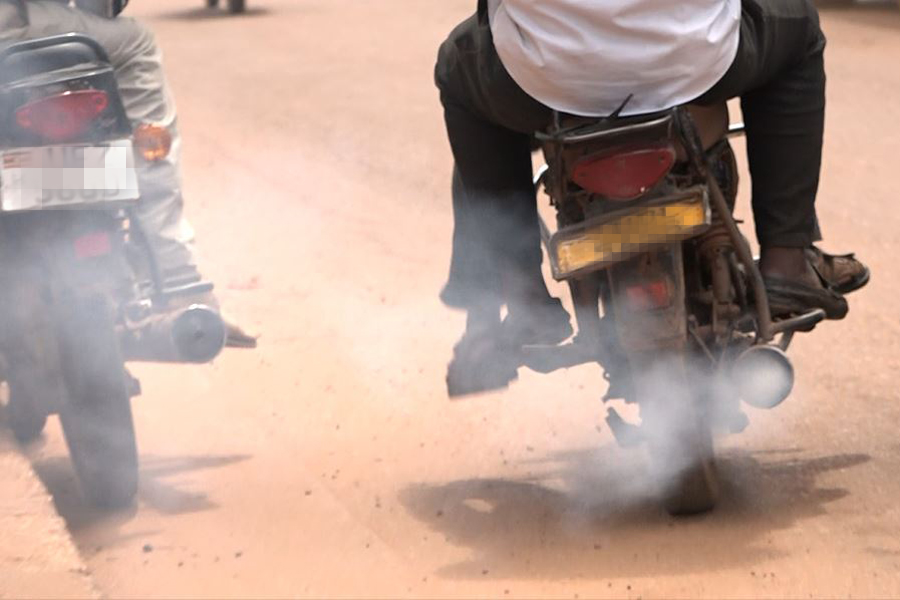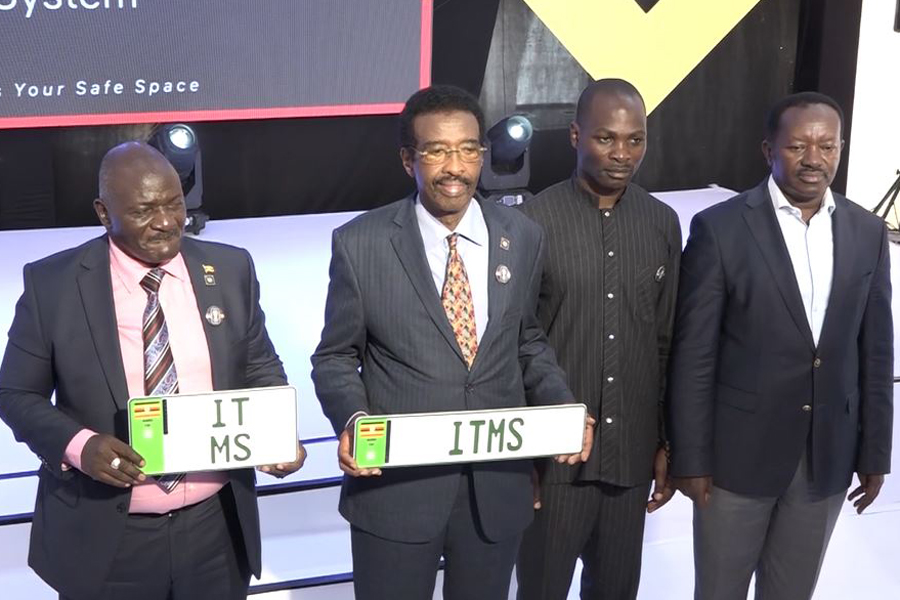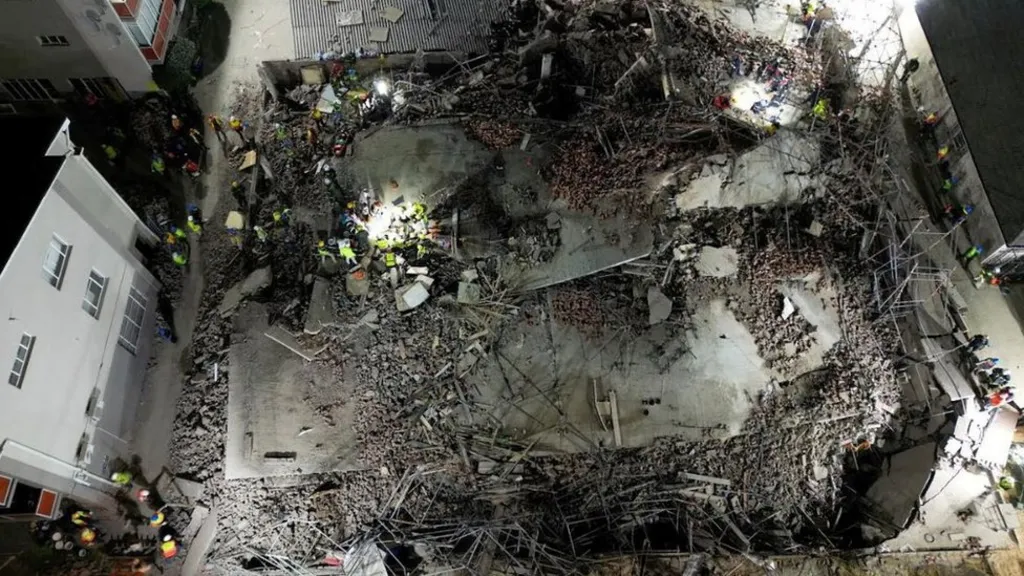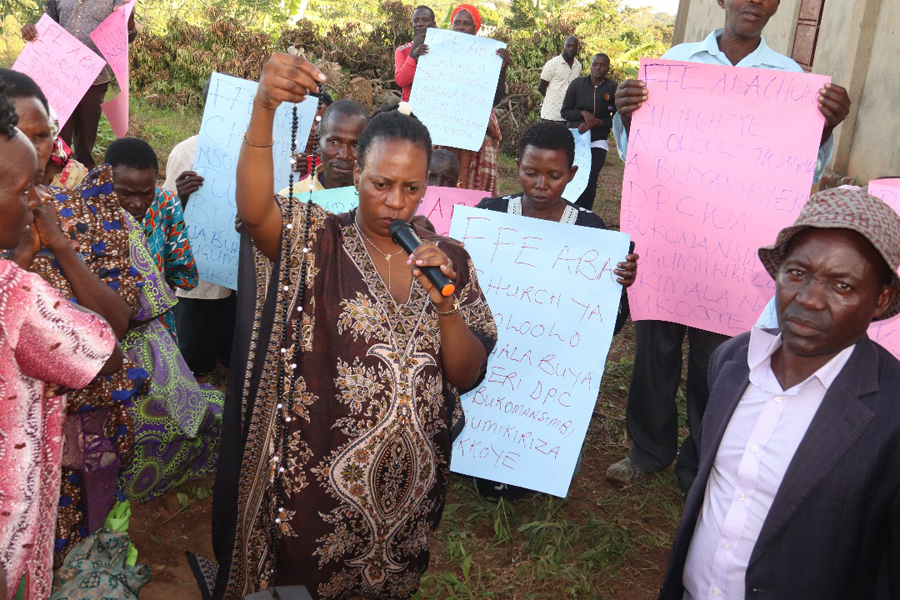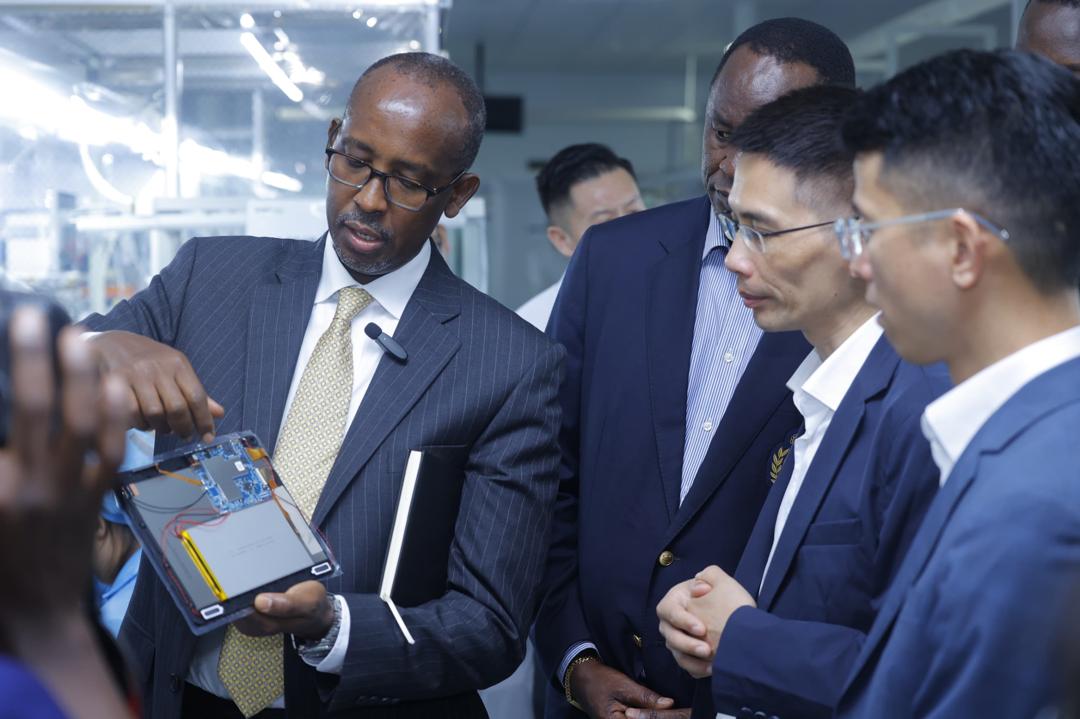OPINION: Plastic is the ugliest threat to our ecology
By Robert Kigongo
Plastic undoubtedly has revolutionised the way we live offering versatility and a convenience that few other materials can match. Its wide spread use has been attributed to its unique properties such as durability, lightweight in nature, affordability and resistance to moisture and chemicals for packaging, transportation name it. Plastic has interwoven itself with our daily lives.
Keep Reading
However the detrimental consequences of plastic waste on various ecosystems and human health are now undeniable which has made plastic pollution one of the most pressing environmental issues not only in this country but across the globe. The proliferation of single-use plastics and improper waste management has exacerbated this crisis demanding immediate attention and concerted efforts from different stakeholders worldwide mostly attributed to its linkage to health and environment implications.
Plastics primarily are made from fossil fuels and their production involves energy-intensive processes and consequently improper disposal of plastics on land has led to soil contamination through release of harmful chemicals as they break down, seeping into the soil and polluting groundwater. This contamination can affect soil fertility, agricultural productivity, plant and animal life in terrestrial ecosystems.
Recent research by the Kampala Capital City Authority indicates that Kampala generates up to one hundred eighty tons of plastic waste daily with only an average of 45% collected. This singular proportion of plastic waste is alarming especially with the uncollected ending up in drainage channels, wetlands, natural watercourses, manholes, undeveloped plots etc.
Picking up plastic bottles from different points around Kampala and suburbs, washing them and selling them back to recycling companies and mini factories that will avail high demand for them has been the longest serving strategy in our country employed both consciously or unconsciously in the fight against plastic pollution. However the overwhelming quantities of plastic left unattended too have undermined and revealed that recycling as a strategy alone is not enough in efforts to combat plastic pollution.
Waste management even in line with plastic pollution has three widely recognised principles known as the 3Rs that stand for Reduce, Reuse and Recycle requiring that these universally recognised rules are carefully applied in waste management strategies plastic pollution in this case and very imperative that their particulate order be followed. Sadly in Kampala today, the reverse has been true, our first approach to plastic is recycling.
Addressing the plastic pollution problem will require a combination of efforts other than just recycling which will include reducing plastic consumption, improving waste management systems, and circular economy approaches and developing alternative materials to plastics.
It is therefore important to expand the city’s approach to plastic waste reduction through, fostering collaboration and partnership through engagement of local businesses, community organisations, schools and government agencies in waste management initiatives, leveraging untapped potential for job creation and wealth generation at both levels of reduction and re-usage because one of the main reasons, recycling has been the most widely picked strategy and achieved the success no matter how small is because of its reward system; every bottle of plastic collected for recycling has a price.
The author Robert Kigongo is an environmentalist



